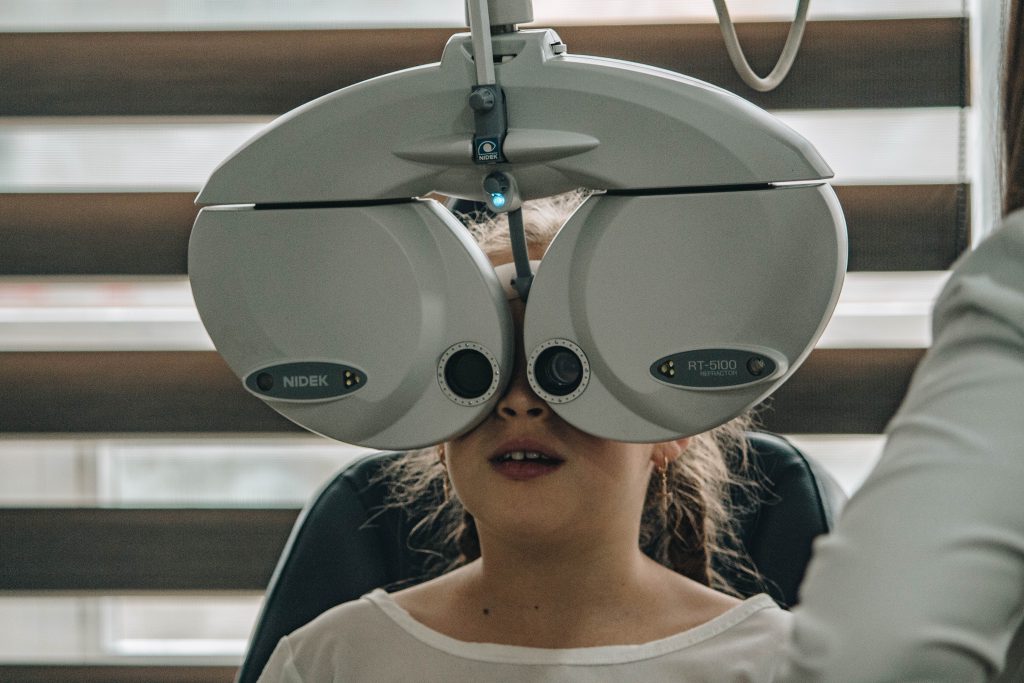Our eyes are remarkable organs that play a vital role in our everyday lives. Yet, it’s easy to take our vision for granted until problems arise. Regular eye exams are essential for maintaining optimal eye health and detecting potential issues early on. In this blog post, we will explore the importance of regular eye exams and how they contribute to overall well-being and clear vision throughout your life.
Early Detection of Eye Conditions
Regular eye exams enable early detection and treatment of various eye conditions. Many eye conditions, such as glaucoma, macular degeneration, cataracts, and diabetic retinopathy, may not exhibit noticeable symptoms in their early stages. Routine eye exams allow eye care professionals to identify these conditions before they progress, providing the opportunity for timely interventions and better treatment outcomes.
Vision Correction and Enhancement
A significant aspect of eye exams is assessing your visual acuity and determining if you require vision correction. Your eyesight may change gradually over time, and regular exams help ensure your prescription is up to date. Wearing the correct prescription glasses or contact lenses enhances your visual clarity, reduces eye strain, and improves your overall quality of life.
Monitoring Eye Health for Systemic Conditions
Did you know that your eyes can provide valuable insights into your overall health? During an eye exam, your optometrist can detect signs of systemic conditions such as diabetes, hypertension, and certain types of cancers. By examining the blood vessels and structures in your eyes, optometrists can identify abnormalities that may indicate underlying health issues. Early detection allows for prompt medical intervention and improved management of these conditions.
Preventive Care for Children’s Eye Health
Regular eye exams are especially crucial for children as they play a vital role in their overall eye health and development. Early detection of vision problems in children can prevent issues such as lazy eye (amblyopia) and crossed eyes (strabismus) from progressing and affecting their vision long-term. Pediatric eye exams can identify and address these issues, ensuring optimal vision and promoting healthy visual development.
Eye Strain and Digital Eye Health
In today’s digital age, where screens are prevalent, many individuals experience digital eye strain or computer vision syndrome. Regular eye exams allow eye care professionals to assess and address any symptoms of eye strain. They can provide guidance on proper screen usage, recommend specialized lenses or coatings for digital devices, and suggest eye exercises or treatments to alleviate discomfort and promote healthier screen habits.
Personalized Eye Care
Every individual’s eyes are unique, and regular eye exams provide personalized care tailored to your specific needs. Optometrists evaluate your eye health, review your medical history, and consider your lifestyle factors to develop a customized eye care plan. Whether you require specialized contact lenses, protective eyewear for sports, or treatment for a specific condition, regular eye exams ensure you receive the appropriate care to maintain optimal vision.
Regular eye exams are an essential part of maintaining healthy eyes and clear vision throughout your life. By detecting eye conditions early, addressing vision correction needs, monitoring overall health, and providing personalized eye care, optometrists play a crucial role in safeguarding your visual well-being. Don’t neglect your eyesight—schedule regular eye exams to ensure optimal eye health, enjoy clear vision, and maintain a high quality of life for years to come. Prioritize your eye health, and let the experts guide you on the path to optimal vision and well-being.
